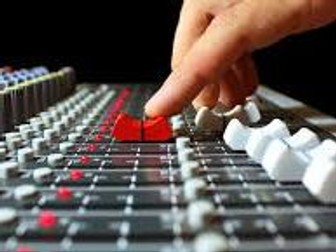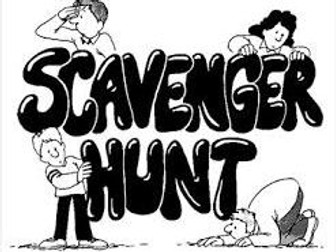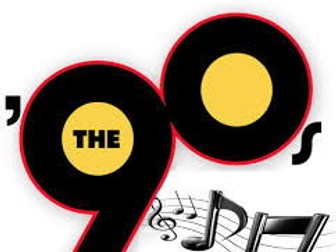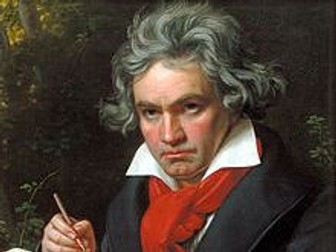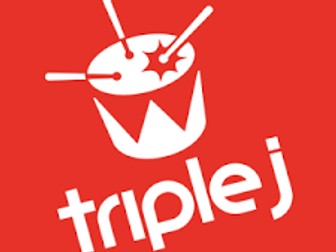The History of Music Technology
Great to leave for a supervision - students are researching to find what type of piece of music technology was invented in that year and the use of the item. Students then complete a writing task using that knowledge to help them think of what technology has most appealed to them.
